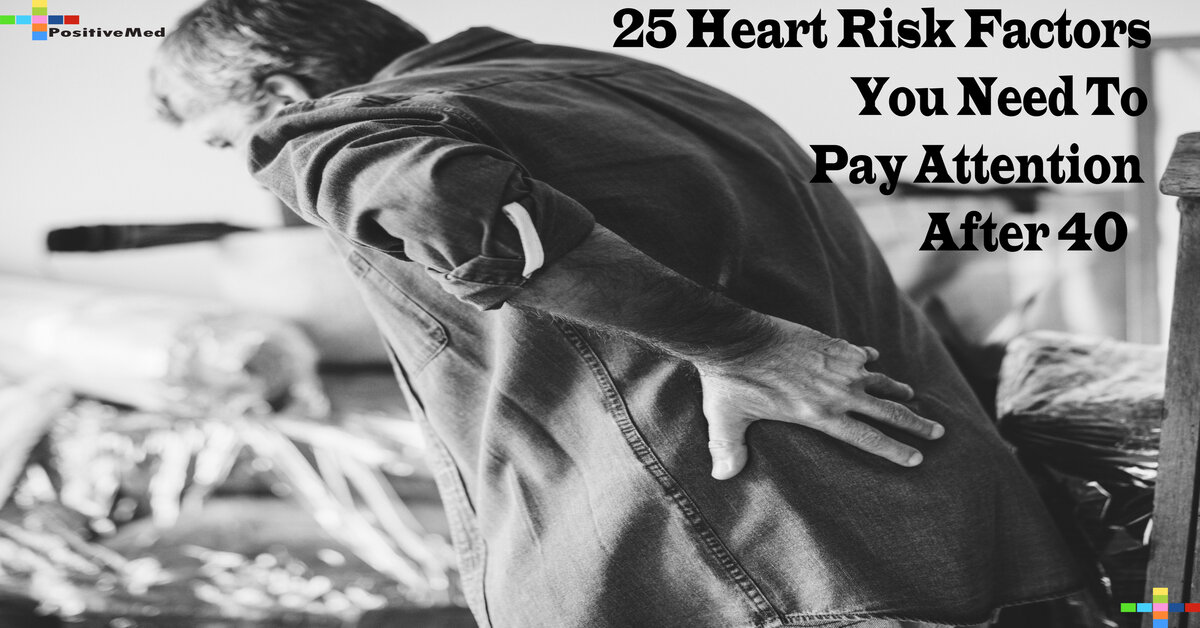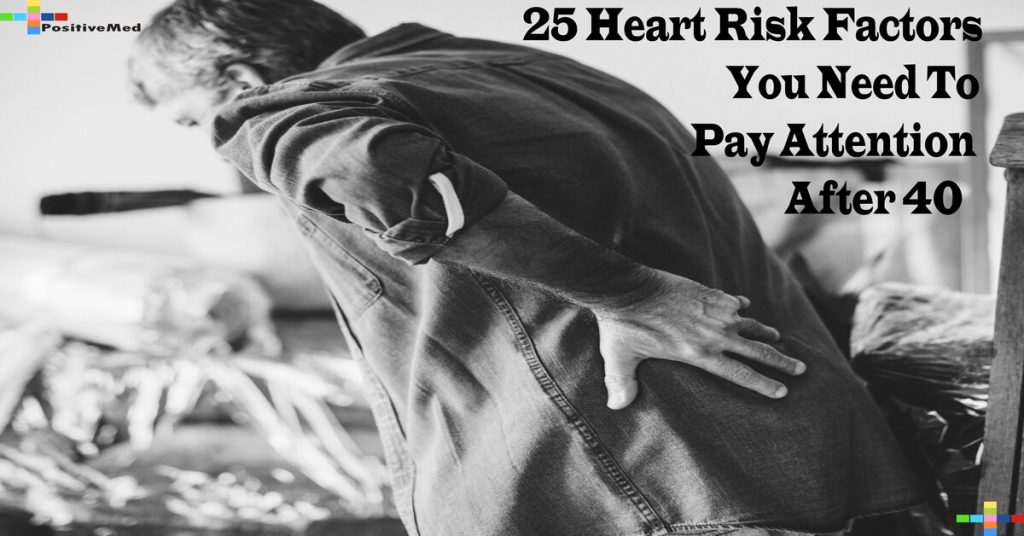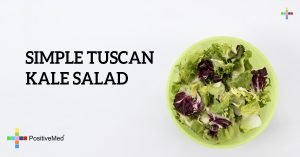As you approach your 40s, heart health should be a significant concern. The American Heart Association released a report in 2015 indicating that around 6.3 percent of men and 5.6 percent of women between the ages of 40 and 59 struggle with coronary heart disease yearly. The rates are nearly double as the decade’s progress. Heart failure affects about 6.5 million people in the US, and Johns Hopkins states that heart failure is the leading cause of hospitalization for people over the age of 65.
You can protect your heart and avoid the health risks associated with poor heart health by looking out for these 25 heart risk factors.

1. Not Making Time For Vacations
Taking some time for vacations is actually medically beneficial. In a study published in Psychosomatic Medicine in 2000, researchers asserted that middle-aged men who vacationed frequently were less likely to die from coronary heart disease compared to men who didn’t. The study was conducted over a nine-year period.
2. Not Getting Enough Magnesium
If you’re concerned about the health of your heart, ask your doctor to check your magnesium levels. According to Clinical Calcium journal notes, “magnesium deficiencies are common and can be associated with risk factors and complications of heart failure.” Taking a magnesium supplement and eating foods like tuna, salmon, and beans can help raise your magnesium levels.
3. Eating Too Much Meat
As you age, it may be best to adopt a vegetarian diet or at least reduce your meat consumptions. People who eat red meat had three times the amount of trimethylamine N-oxide (TMAO) as people who were vegetarian or only ate white meat. TMAO is a food byproduct that has been known to increase the risk of heart disease.
4. Getting The Flu
If you want to avoid a heart attack, you should get a flu shot annually. The New England Journal of Medicine published a 2018 study that included 360 patients who were hospitalized due to a heart attack. The study revealed that these individuals were six times more likely to be hospitalized a week after a flu diagnosis compared to times when the patients didn’t have the flu.
5. Too Many Wrinkles
Many adults 40 and over have a few wrinkles, but too many deep forehead wrinkles could be a sign of an unhealthy heart. A study at the European Society of Cardiology Congress in 2018 indicated that after following 3,200 adults for 20 years, 22% had wrinkles in their forehead and 2% had no wrinkles — 233 adults passed away during the time of the study.
6.Breast Cancer Treatment
Less than 5% of the women diagnosed with breast cancer in the United States each year are younger than 40 according to the Susan G. Komen Breast Cancer Foundation. A study published in 2013 from the New England Journal of Medicine states that rates of heart problems increased by 7.4% for each gray of radiation.
7.Living At Low Altitudes
If you’re thinking about purchasing a home in a low-altitude city like Washington, D.C. and you’re over 40, think again. Spanish researchers conducted a study with 6,860 undergraduates over a decade and discovered that those who lived at high altitudes had a significantly lower risk of developing insulin resistance, a risk factor for heart disease, then those living in lower altitudes.
8. Diabetes
Diabetes Care published a study in 2019 states that atherosclerotic cardiovascular disease is the leading cause of death in diabetic individuals. However, being diabetic doesn’t mean that individuals will die from heart disease. The same study indicates that other risk factors, including smoking, high blood pressure, and obesity can also make diabetics more susceptible to heart problems.
9. Psoriasis
One of the other main 25 heart risk factors to look out for it psoriasis. This condition causes internal and skin inflammation, according to the American Academy of Dermatology. If psoriasis is not treated for long periods of time, the condition can affect the blood vessel and heart, which increases the risk of heart disease.
10. Living In Noisy Cities
People who have spent the majority of their lives in the city may experience health problems as they enter their 40s and 50s. The European Heart Journal asserts that long-term noise exposure, especially due to traffic, is connected to a high risk of cardiovascular death, particularly strokes.
11. Late-Onset Asthma Development
According to the Asthma and Allergy Foundation of America “asthma symptoms can occur at any time in life.” a 2016 study from the Journal of the American Heart Association involving participants for around 14 years and discovered that individuals with late-onset asthma have more of a chance of developing cardiovascular disease.
12.Taking PPIs
Proton pump inhibitors or PPIs are medications for acid reflux and heartburn. Although these drugs are effective, a 2015 Stanford University asserted that PPIs can increase the chances of a heart attack, particularly for people who have had a heart attack in the past.
13. Migraines
Individuals who suffer from migraines should pay attention to factors that trigger these debilitating headaches. A 2009 study in Neurology states that people with migraines, particularly with aura, are at greater risk for angina, heart attack, stroke, and ischemic brain lesions.
14. Eating Before Sleeping
It’s normal to eat dinner late in some regions of South America and Europe, but this can have serious consequences. Researchers in Brazil studied heart attack patients in 2019 and found that individuals who ate late at night were 4-5 times more likely to die from a heart-related event or to have another heart attack within 30 days of leaving the hospital.
15. Not Eating Breakfast
Not having breakfast can be just as dangerous as eating too late. The same study from Brazilian researchers revealed that people who previously had heart attacks and regularly skipped breakfast were 4-5 times more likely to die from a previous or future heart attack within a month of hospital discharge.
16. Use Antibiotics Regularly
If you have to take an antibiotic for a few days to get rid of an infection, this isn’t a major health factor. However, antibiotics can be dangerous if taken for extended periods. Researchers published a 2019 study in the European Heart Journal indicating that women between 40 and 59 who took antibiotics for at least two months had a higher risk of heart issues. Antibiotics eliminate beneficial gut bacteria which can lead to health problems.
17. Depression
Individuals who often feel anxious and depressed should seek professional therapy or medication recommendations from a physician. Scientists discovered that adults older than 45 who have mental health issues have a greater risk of heart disease. Women with depression and anxiety are 44% more likely to have a stroke and men with anxiety and depression have a 30% higher likelihood or heart attack compared with men and women who don’t have their mental health issues, according to the journal Circulation: Cardiovascular Quality and Outcomes.
18. Smoking E-Cigarettes
E-cigarettes are often seen as a healthier option to conventional cigarettes. However, new research indicates that e-cigarettes can be just as harmful as traditional ones. a study published in the American Journal of Preventative Medicine in 2018 states that people who smoke e-cigarettes daily can almost double their risk of a heart attack.
19. High Cholesterol
The Center for Disease Control and Prevention (CDC) stated in 2015 than 12% of adults older than 20 had high cholesterol, and this is especially detrimental for people over the age of 40. Every ten years that a person lives with hypertension is connected to an increased risk of heart disease by 39%.
20. Insomnia
Getting little sleep or waking up in the middle of the night is bad for your schedule as well as your heart. Research in the European Journal of Preventive Cardiology indicates that people with insomnia have an increased risk of stroke and heart attack. Difficulty getting to sleep raises the risk of heart disease by 11% and sleep that is not restful leads to an 18% increased risk.
21. Yo-yo Dieting
A healthy weight is essential for a healthy heart; however, weight fluctuations can make it difficult to maintain heart health. Being active at least three times a week and engaging in at least 30 minutes of cardio during these sessions can keep your heart healthy.
22. Excess Sodium
Hypertension is often connected to sodium intake and WebMD states that high blood pressure is connected to hypertensive heart disease. Consuming no more than 2300 mg of sodium daily is ideal for heart health.
23. Loosing Teeth
People who are losing teeth in their 40s should make an appointment with the cardiologist as well as the dentist. The American Heart Association asserts that middle-aged individuals who lost more than two teeth have an increased risk of heart disease; people who have lost teeth had a 23% increased risk of cardiovascular issues compared to middle-aged people who didn’t lose any teeth.
24. Going Gray
The European Society of Cardiology’s EuroPrevent examined 545 men and discovered that the mean with half a head of gray hair or more had an increased risk of coronary artery disease. Researchers say that graying of the hair and atherosclerosis “occur through similar biological pathways” which is why gray hair could be a sign of potential heart problems.
25. Artificial Sweeteners
Artificial sweeteners are getting a lot of press, but they’re not that great for your heart. A 2017 study in the Canadian Medical Association Journal asserts that there is a definite connection between artificial sweeteners and high blood pressure, obesity, diabetes, and heart disease. It’s probably better to stick to real sugar, but in moderation.






